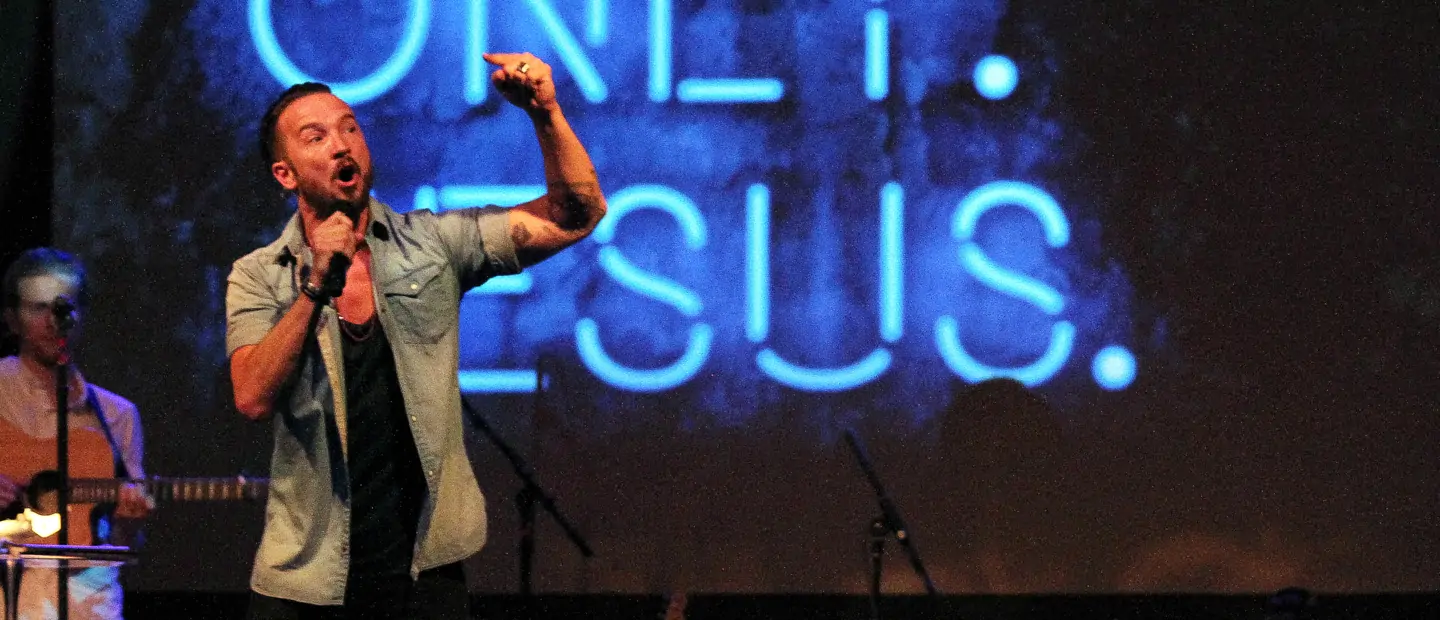
On Wednesday, the military’s top officer fielded provocative questions from Republicans on a congressional panel who are concerned about “wokeness” in U.S. ranks. Army General Mark Milley, the chairman of the Joint Chiefs of Staff, was unusually emotional in one of his rebuttals, arguing that there is value to studying any realm of academia as a way to better understand culture and society — even if you don’t agree with all of it.
It started when Rep. Michael Waltz, who served in the military, said he had proof that the military and the service academies were asking troops and cadets to understand “white rage” and “critical race theory.” The latter term has proved to be a very successful bogeyman for different groups in the last few months, who have elevated an obscure realm of legal scholarship into the main boss of the culture wars.
Milley insisted that such reading and study was part of being an open-minded person.
“I want to understand white rage – and I’m white,” Milley said, referring to the attempted insurrection at the U.S. Capitol on January 6: “What is it that caused thousands of people to assault this building and try to overturn the Constitution of the United States of America? What caused that? I want to find that out. I want to maintain an open mind here. And I do want to understand that.”
Rep. Matt Gaetz can be seen shaking his head dismissively at Milley’s comments around the 1:18 mark.
Strong reaction from Joint Chiefs Chairman Milley on the issue of critical race theory before House Armed Services.
"I personally find it offensive that we are accusing the United States military, our general officers, our noncommisioned officers of being quote 'woke'" pic.twitter.com/otWBw3YdPK
— Dave Brown (@dave_brown24) June 23, 2021
Very simply put, Critical Race Theory is an academic term which argues that society is divided into striations of legal power and that, in the U.S., those divisions have historically been sorted by race in ways that continue to impact the present. The implications of this theory spiral out in a variety of ways and experts differ on the extent of this theory’s impact on our modern understandings of privilege and race. They also differ on proposed solutions, which run the gamut from things like racial reparations to more systemic changes to our legal system.
It’s pretty complicated, which is why you should beware of anyone who suggests that CRT is about “teaching white kids that they’re inherently bad” or other such inflammatory one-liners. But nuance tends to get lost in debate, and the term “Critical Race Theory” can now be contorted to mean just about anything and serve any political agenda. It’s becoming very popular to ban its teaching in schools, and became a polarizing talking point during this month’s Southern Baptist Convention in Nashville, Tennessee, where critics described CRT as the “opposite of the gospel.”
Milley seems sympathetic to at least parts of CRT, as he references how long it took the U.S. to follow through on promises made during the Civil Rights Movement. But he also notes that you can study things like CRT without buying into them wholesale.
“I’ve read Mao Zedong, I’ve read Karl Marx. I’ve read Lenin. That doesn’t make me a communist,” Milley continued. “So what is wrong with some situational understanding of the country for which we are personally here to defend?”






















